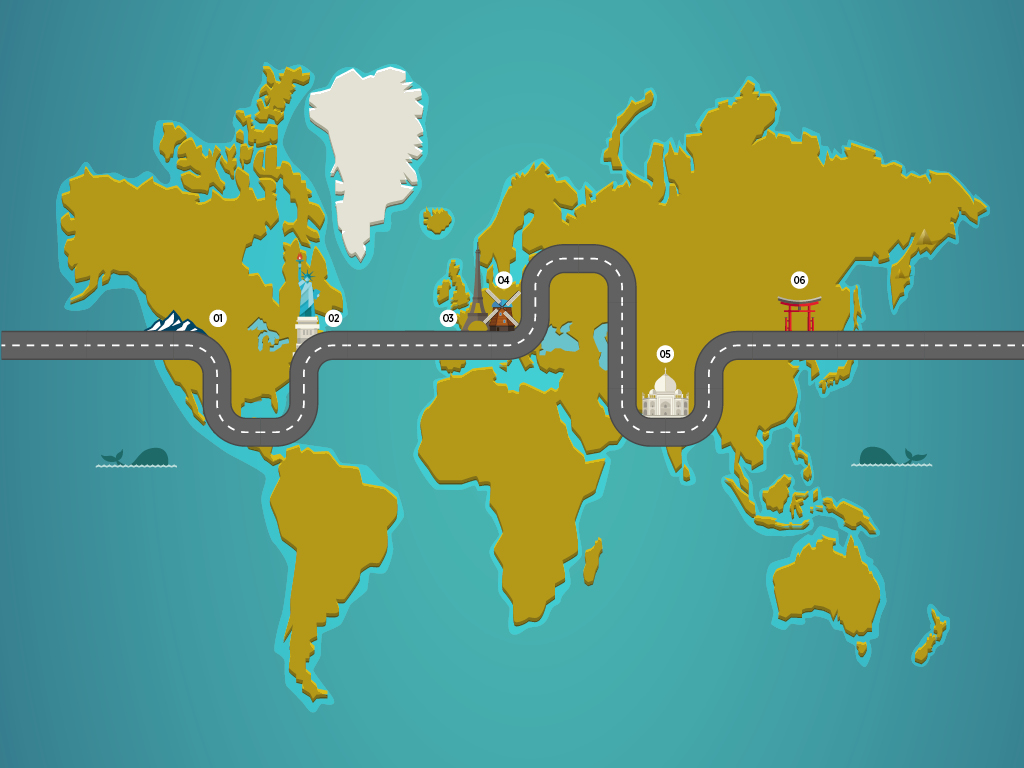What problems does Uber currently face?
Uber has been a major success story, reaching a valuation of $50bn after just five years. But it’s not been a smooth ride and the firm is engaged in regulatory battles around the world

Uber has raised a lot of money: more than $8bn in fact. In October it was reported the ride-sharing app company was looking to raise another $1bn in venture capital; that would be its eighth round of funding since 2010 and value the company at somewhere between $60bn and $70bn.
Those are big numbers, but then Uber has a lot of expenses. Bloomberg News reported the company was “generating an operating loss of $470m [against] revenue of $415m”. Uber dismissed those figures as out of date but did not offer any others. It’s impossible to know how much the company spends on lobbying, but it’s certainly been busy.
In many cities, it has come up against regulations designed to delineate between taxis and minicabs, but it has fought back; according to Bloomberg, Uber has a third more lobbyists than Wal-Mart. It suspended services in San Antonio for six months last year, only returning after the city agreed to almost all its regulatory demands, while the firm’s aggressive attempts to subvert local laws in Portland led the city’s transport commissioner to label its bosses “a bunch of thugs”.
New model or new face
Much of the debate around how Uber and similar apps operate comes down to a fundamental disagreement about what sort of businesses they represent: traditional taxi and hire-car firms claim Uber, Lyft and similar service providers are in the same business as them and should be regulated accordingly; Uber, for its part, is very careful in its language, referring to its product as a “ride-sharing” app, and presenting itself as a platform that connects drivers with consumers. It just so happens that the person whose ride you are sharing is a professional driver with a license and commercial insurance.
In October, a High Court judge in London came down on the side of Uber, ruling the company’s app did not constitute a metering system – something only the city’s heavily regulated black-cab drivers are allowed to operate. Nevertheless, that is unlikely to end opposition from London’s 25,000 cabbies, who have previously blockaded various parts of the city in protest against the firm.
Fears for safety
One criticism black-cab drivers have levelled against Uber is the supposed untrustworthiness of its drivers. This isn’t helped by cases such as that in India, where a woman was raped by one of the firm’s drivers, or in San Francisco, where District Attorney George Gascon is in the process of suing the firm. Gascon claims Uber failed to uncover the criminal backgrounds of 25 of its drivers, including one who had spent 26 years in prison for second-degree murder.
An element of trust is, of course, implicit in any transaction made in the sharing economy; in stripping down the barriers between provider and consumer, you also remove many of the checks, guarantees and buffers. And that cuts both ways. Joseph De Wolf Sandoval, President of the California App-Based Drivers Association, told Business Insider: “Drivers are subject to hostile environments and sexual harassment, assault, and being involved with people who are potentially dangerous.” In Brisbane, two men were taken to court for allegedly using the Uber app to lure in drivers they then beat up.
Uber is a prime example of a ‘disruptive’ start-up. By making hire cars instantly accessible, it and its fellows have made a better deal for consumers, but they’ve also sidestepped regulations that have been carefully built up over decades. They may not play by the old rules, but they, as much as anybody else, need some form of protection.
Uber was fined $67,750 after it began offering its services in Portland without proper regulatory approval. The city and the firm eventually reached an agreement, but not before each had publicly denounced the other.
New York’s traditional yellow taxi firms aren’t fans of Uber, but last July the firm was able
to see off a bill backed by mayor Bill de Blasio that would have put a cap on the number of vehicles it could operate in the city.
UberPOP was suspended in France the same week two of the company’s executives were arrested for “illicit activity”. The head of Uber France told Le Monde the suspension was “primarily to assure the safety of Uber drivers”.

Agents from the Netherlands’ Transport Inspectorate raided Uber’s European headquarters twice last year as part of an investigation into whether the company was running an
illegal taxi service.
Uber is being investigated for criminal negligence in India after one of its drivers raped a passenger. The firm has introduced an SOS feature
that can put riders directly in contact with the police.
The Chinese Ministry of Transportation has proposed new guidelines that would mean fees, the number of cars in a fleet, and where ride-sharing firms can operate would be decided by local authorities.













